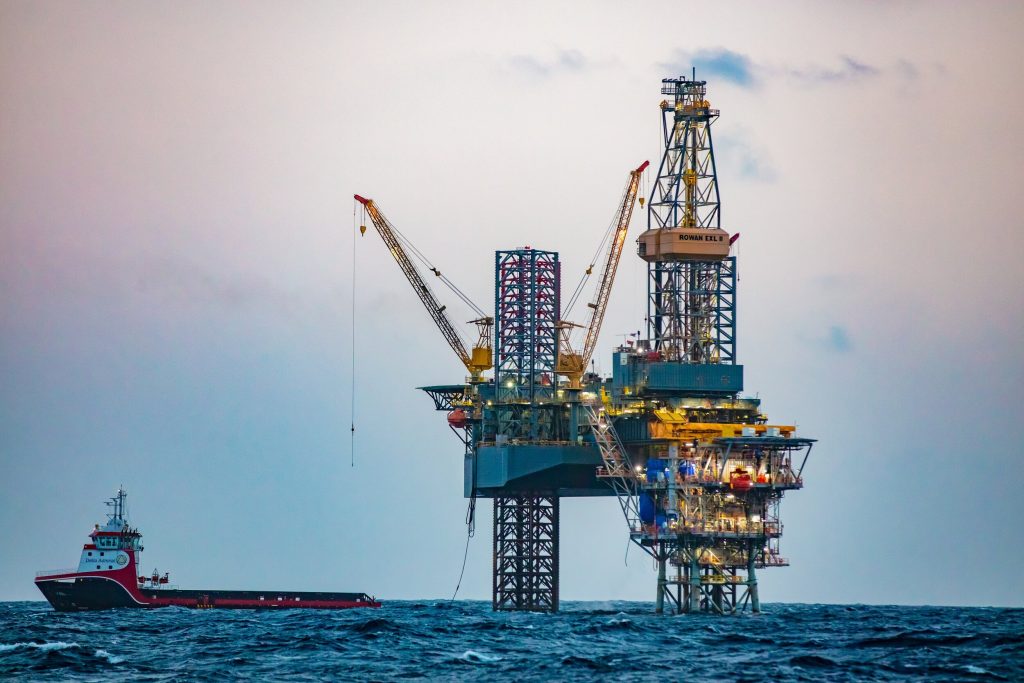The picturesque archipelago of Zanzibar, located off the coast of East Africa in the Indian Ocean, has long been renowned for its turquoise waters, pristine beaches, and rich cultural heritage. However, like many developing regions, Zanzibar faces a pressing challenge: ensuring a sustainable energy supply to foster economic growth and improve the quality of life for its inhabitants. With an increasing demand for energy and a limited supply of conventional resources, the exploration and utilization of oil resources have gained attention as a potential catalyst for development in Zanzibar.
In the ever-evolving global landscape, energy is a cornerstone of progress, powering economies, shaping societies, and fostering innovation. As nations worldwide strive to secure their energy futures, the tropical archipelago of Zanzibar finds itself at a crucial crossroads. Nestled in the Indian Ocean off the eastern coast of Africa, Zanzibar is renowned for its stunning landscapes, rich cultural heritage, and vibrant history. However, the island’s quest for sustainable development has recently taken center stage, with the discovery of potential oil reserves becoming a focal point of discussion and debate.
Zanzibar has been a melting pot of cultures for centuries, drawing influences from the Arabian Peninsula, the Indian subcontinent, and the African mainland. Its economy has predominantly relied on agriculture, fishing, and tourism, with the latter becoming increasingly significant in recent decades.
However, the challenges posed by rapid population growth, limited job opportunities, and infrastructural gaps have prompted Zanzibar’s policymakers to explore alternative avenues for economic expansion. Amidst this backdrop, the emergence of oil as a prospective resource has ignited conversations about the potential benefits and risks that such a discovery could entail.
This insight delves into the complex dynamics surrounding Zanzibar’s energy future, particularly about the exploration and exploitation of oil resources.
By examining the experiences of other oil-producing nations and drawing insights from various academic and policy perspectives, this analysis aims to shed light on the multifaceted implications of Zanzibar’s potential venture into the oil industry. Furthermore, it critically evaluates the extent to which oil could serve as a catalyst for Zanzibar’s development and offers recommendations for sustainable decision-making in pursuit of a prosperous energy future, energy Landscape of Zanzibar
As an emerging economy, Zanzibar’s energy demands are escalating due to population growth, urbanization, and industrialization. Presently, the archipelago relies predominantly on imported fossil fuels for its energy needs. The high cost of energy imports strains the economy and hampers development efforts. In this context, the potential discovery of oil reserves within or around Zanzibar’s waters raises intriguing possibilities for reshaping the energy landscape.
Oil as a Double-Edged Sword
The prospect of oil discovery brings both excitement and apprehension. While oil revenues could inject much-needed funds into Zanzibar’s economy, exploiting oil resources also carries significant risks. Environmental degradation, pollution, and the “resource curse” phenomenon, where oil wealth can lead to corruption and economic inequality, are genuine concerns. Zanzibar must approach the exploration and exploitation of oil resources with a balanced perspective, emphasizing responsible and sustainable practices.
What are the potential economic benefits? When managed wisely, oil resources can catalyze multifaceted development. Revenue generated from oil exports could be channeled into critical sectors such as education, healthcare, infrastructure, and diversification of the economy. Zanzibar could emulate successful models of resource-rich countries like Norway, which established a sovereign wealth fund to ensure long-term benefits from oil wealth. Moreover, investment in local skills development and capacity building related to the oil industry could spur innovation and create a skilled workforce.
Rather than relying solely on oil, Zanzibar should view it as a transitional resource to support the development of sustainable energy solutions. Oil revenues could be invested in the development of renewable energy sources such as solar, wind, and hydropower. By diversifying the energy mix, Zanzibar can reduce its dependence on finite fossil fuels, enhance energy security, and contribute to global efforts in combating climate change.
Technological and Infrastructural Challenges: The exploration and exploitation of oil resources require advanced technical capabilities and robust infrastructure. Zanzibar must collaborate with international partners and leverage their expertise to ensure safe and efficient operations. This collaboration could foster knowledge transfer and skill acquisition, potentially boosting the archipelago’s technical capabilities in various sectors beyond the energy industry.
Environmental Sustainability and Conservation: Zanzibar’s unique ecosystem and marine biodiversity are valuable assets that must be preserved. Stringent environmental regulations and rigorous monitoring mechanisms should be established to mitigate potential negative impacts of oil exploration and production. Embracing best practices in environmental protection can safeguard the archipelago’s natural beauty and sustain its thriving tourism industry.
Social Considerations and Local Communities: Engaging local communities in decision-making processes is crucial. Oil-related activities can lead to displacement, social disruption, and cultural changes. Zanzibar should prioritize community consultations, ensure fair compensation for affected individuals, and promote equitable distribution of benefits to prevent social tensions and conflicts.
Geopolitical Dynamics and Regional Cooperation: The exploration of oil resources may have implications beyond Zanzibar’s borders. Geopolitical dynamics in the region could influence decisions related to oil exploration, production, and trade. Developing partnerships and fostering cooperation with neighboring countries could enhance stability and create mutually beneficial resource management opportunities.
What Zanzibar Can Target?
Zanzibar stands at a crossroads where the responsible exploration and utilization of oil resources could potentially shape its energy future and catalyze development. The archipelago must approach this opportunity cautiously, acknowledging the potential risks and rewards. Zanzibar can leverage oil as a stepping stone toward broader economic diversification, energy security, and improved living standards by adopting a holistic and sustainable approach.
Balancing economic aspirations with environmental and social considerations will be crucial in determining whether Zanzibar can successfully harness oil as a catalyst for development while safeguarding its natural and cultural heritage for generations to come.




